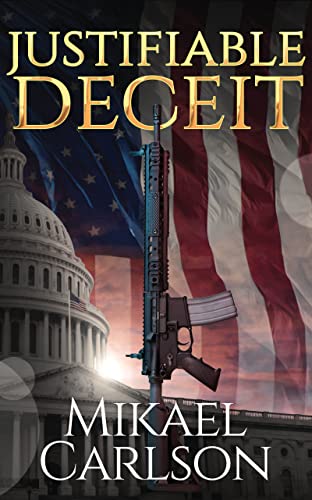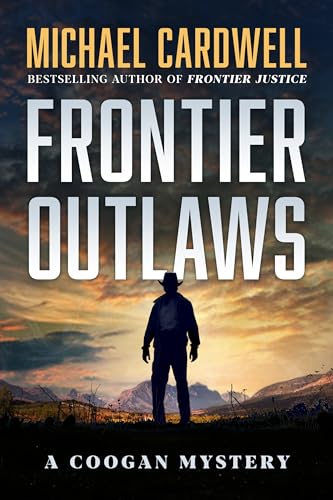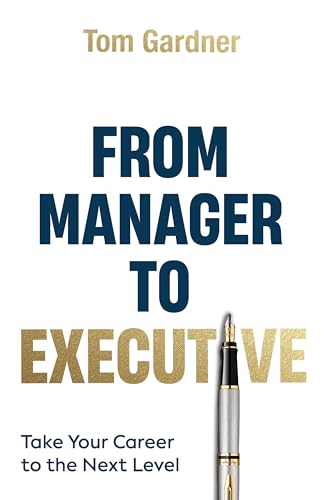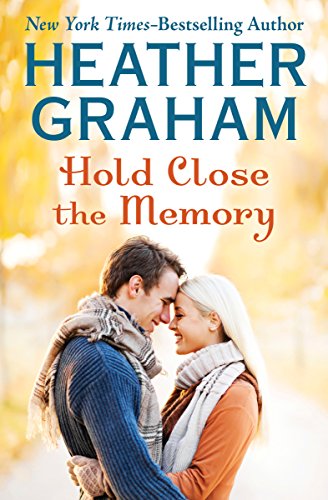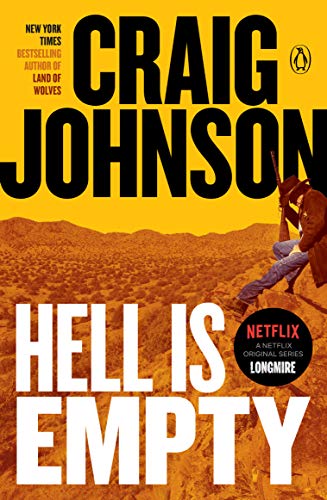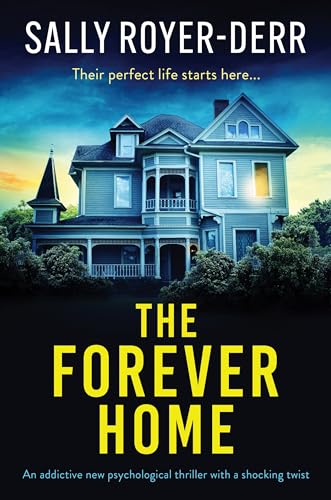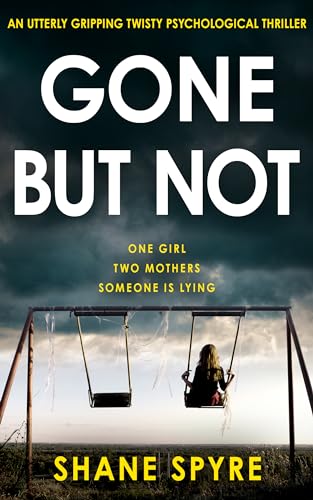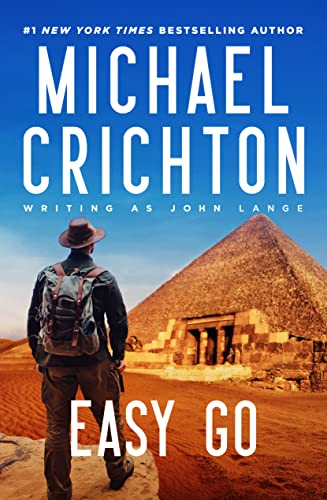
In today’s Publetariat Dispatch, we share the Abe Books blog list of the 50 most important and influential science fiction books of all time.
This post, by Richard Davies, originally appeared on the Abe Books blog on 1/16/13.
This was a virtually impossible task. Put together a list of 50 must-read science fiction books and don’t make anyone angry. Science fiction is the most discussed and argued over genre in literature but it actually goes way beyond books and into film, TV, video games and even toys.
Here are the criteria I used. One book per author, so that was hard on the big three of science fiction – Robert Heinlein, Isaac Asimov and Arthur C Clarke, who each have multiple classic titles to their name. Attempt to show as many sub-genres of science fiction and plot themes as possible. Include early stories that influenced the genre as a whole and launched popular themes, even if those books appear a bit dated today.
I wanted to show the unbelievable breadth of this galactic-sized genre and, of course, I failed because this is just the tip of the spaceberg – there are probably 500 essential science fiction books, not 50.
The War of the Worlds is on the list, a famous example of invasion literature, but I could easily have used The Time Machine. For Ray Bradbury, there’s The Illustrated Man but I could have used Fahrenheit 451 or The Martian Chronicles.
Many people include alternate reality novels as science fiction but I didn’t feel comfortable having them on the list as there’s not much science in that sort of fiction.
The list includes hard and soft science fiction. Hard science fiction features great attention to detail in the quantitative sciences, while soft riffs on the social sciences. You’ll also find space opera with its heroes and heroines on distant planets; cyberpunk, loved by nerds in goggles everywhere; time travel – a simple concept that’s been around since Mark Twain’s day; military science fiction where soldiers drive the narrative; dystopian fiction where society has usually gone awry; superhuman stories where humans develop new or greater skills (and that usually means trouble) and the always cheery apocalyptic fiction sub-genre (where we could be battling to avoid the end of Earth or struggling to survive after a catastrophe). There are many recurrent powerful themes such as machine and human relationships, aliens and human relationships, biological and ecological matters, and paranormal activities.
Read the rest of the post, which lists Davies’ book picks, on the Abe Books blog.


